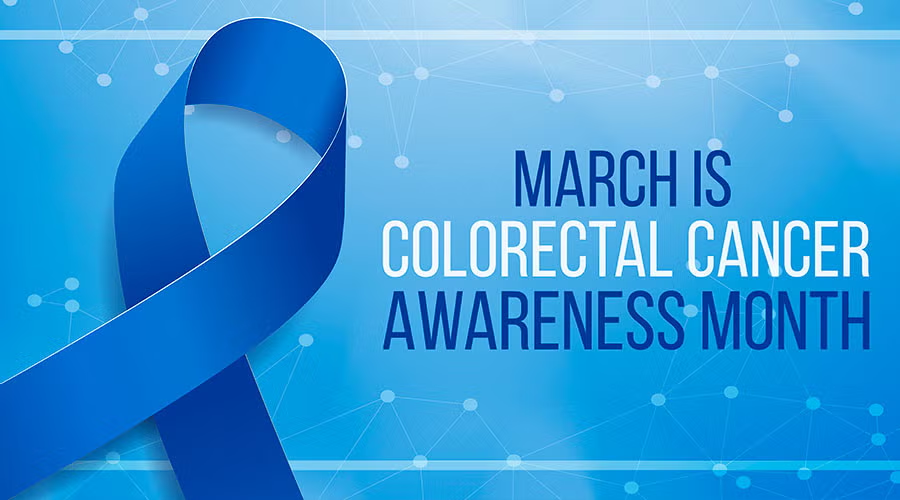Why Advocating for Your Health is Crucial – Especially for Women
October 15, 2025

Picture this: a middle-aged woman is experiencing an unusual combination of symptoms, including chest pain and nausea. Even though the pain is tolerable, she can’t shake the feeling that something isn’t right. So, out of an abundance of caution, she decides to visit the ER – only for her concerns to be dismissed as “nothing serious” and “probably just anxiety.” She still feels off, but she convinces herself to accept this assessment anyway; after all, work has been extra busy lately, and it’s not like she collapsed or is doubled over in excruciating pain or anything.
Later, she discovers the truth: It wasn’t an anxiety attack, it was a heart attack. Despite the progress in heart health awareness, there are still gaps in how we understand the ways diseases show up differently in men and women. The American Heart Association1 notes that women experience heart attack symptoms like nausea, fatigue and jaw pain – far from the classic signs that men experience and are subsequently less recognized in emergency protocols. Because of that, women’s symptoms are often overlooked or misdiagnosed in emergency situations.
The reality is that when it comes to healthcare, women are more likely to be misdiagnosed, underdiagnosed or have their treatment delayed. That’s why it’s not just important but crucial to advocate for yourself in healthcare settings – especially if you are a woman. Being your own advocate is about ensuring your voice is heard and your health is taken seriously. It’s a vital part of maintaining your health and wellbeing.
For many, questioning medical professionals and navigating medical jargon can feel daunting or even intimidating. To combat this, here are some practical tips for asserting yourself and advocating for your health:
- Do Your Homework. Before appointments, write down your symptoms, questions, and concerns. Not only does this ensure you won’t forget important details, but it also shows that you’ve come prepared to discuss the topic at hand.
- Ask Clear, Direct Questions. Asking for explanations helps you understand your condition better and can make the path forward feel less uncertain. Don’t hesitate to ask as many questions as needed to fully grasp the situation. There’s no such thing as a dumb question.
- Use Your Voice. If you feel unheard, say so. Phrases like, “I’m worried because…” or “I need more information” can help shift the conversation.
- Know Your Rights. If you leave an appointment feeling unsatisfied, uncertain or disrespected, you have the right to ask for second opinions, to refuse treatment, and to demand respectful care.
- Seek Supportive Providers. If possible, don’t settle until you find a doctor who listens to and validates your concerns. Specialists may offer more tailored care.
- Use Reliable Resources. If you’re preparing for your first appointment or doing further reading for the next, stick to trusted health websites (Mayo Clinic2, CDC3) and women’s health organizations for useful information. Avoid falling down a rabbit hole of misinformation.
- Document Everything. Keep copies of test results, medications and notes from your visits. This record can be invaluable if you need to revisit your healthcare history or switch to a new doctor.
Remember, you’re not “being difficult” by advocating for yourself; you’re taking charge of your health and demanding the care you deserve. Healthcare providers are experts, but they don’t know your body as well as you do. When you speak up about your symptoms, concerns or doubts, you provide essential information that can lead to better diagnoses and treatments.
Countless women have successfully navigated healthcare challenges by speaking up — and you can too. If something feels wrong, trust your instincts, ask questions and insist on being heard. Your voice matters, and when you speak up, you not only protect your own health – you help create a future where every woman’s voice is valued in care. For more information about Women’s Health, please visit atlanticare.org/services/womens-health.4
Resources
1 American Heart Association
2Mayo Clinic
3CDC
4atlantiCare.org/Services/Womens-Health
Related Articles

Colorectal Cancer Awareness Month
March is Colorectal Cancer Awareness Month, a time to focus on a cancer that affects thousands of people ...

Doctor’s Day
AtlantiCare physicians bring together clinical excellence and compassion to care for patients and familie...

Spring Ahead
As we adjust to daylight saving time, many people notice changes in their sleep patterns. This year, dayl...